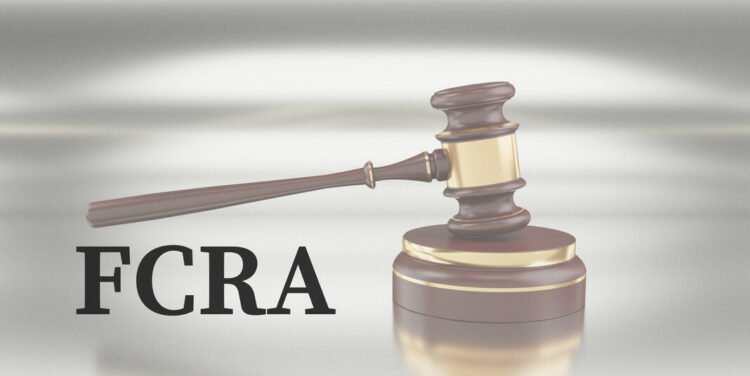The Centre for Policy Research, one of the country’s leading public policy think tanks, has been accused by the Income Tax Department of carrying out non-charitable activities.
The Centre for Policy Research (CPR), one of the country’s leading public policy think tanks that works with several state governments and Central ministries, has lost the tax exemption status it had for almost five decades. This comes four months after its license for receiving foreign donations was revoked under the Foreign Contribution Regulation Act (FCRA).
The CPR has received a show-cause notice from the Income Tax (IT) authorities last December alleging it was carrying out activities “not in accordance with the objects and conditions” under which it was registered. The think tank has denied these allegations and is likely to file an appeal against the June 30 order in the Income Tax Appellate Tribunal (ITAT).
Alleged involvement in Hasdeo movement and Namati-Environmental Justice Program
The IT authorities have listed two main activities that they claim are non-charitable and violate the tax exemption norms. The first is the CPR’s “involvement” in the Hasdeo movement against coal mining in the Chhattisgarh forests. The IT notice states that the CPR had received funds from Greenpeace India Trust, which was also involved in the movement, and had used them to conduct research and advocacy on environmental issues.
The second is the CPR’s receipts to the tune of Rs 10.19 crore (since 2016) for its Namati-Environmental Justice Program, which were allegedly mostly used to file “litigation and complaints” rather than do research. The IT notice states that the CPR had partnered with Namati, a US-based organization, to provide legal assistance to communities affected by environmental violations.
The IT Department has argued that supporting litigation is not a charitable activity and, thus, CPR stands to lose its tax exemption.
Denial of allegations and impact on functioning
Yamini Aiyar, President and Chief Executive of CPR, told that the think tank had not carried out any activities that could be described as those of an “activist” organization. She said that all its collaborations and partnerships were limited to research work alone and that there was no one ‘CPR view’ but a diversity of perspectives, anchored in scholarly, credible research over the last 50 years.
She also said that the decision to withdraw its tax exemption status, combined with the suspension of its FCRA license in February 2023, was a debilitating blow to an independent, highly regarded research institution that strikes at the core of its ability to function.
Sources said that since the IT searches were conducted at the CPR’s headquarters in New Delhi on September 7, 2022, the think tank has been facing uncertain times. Since a significant share of its funding came from overseas donors, its finances were severely hit once the FCRA license was withdrawn. It is learnt that the think tank has whittled down its staff and severely cut back on events and programs.
Other grounds cited by IT Department
The IT Department has also claimed “discrepancies” in CPR’s tax filings to the tune of Rs 1.43 crore for the year 2017-2018 and Rs 81.45 lakh for the year 2021-2022. It alleged that the CPR “mixed up” funds received by it under provisions of the FCRA with its core funds.
The IT Department has also cited seven books the CPR had published and alleged that the think tank was “subsidizing” the authors but did not have any revenue from or hold ownership of the books.




























